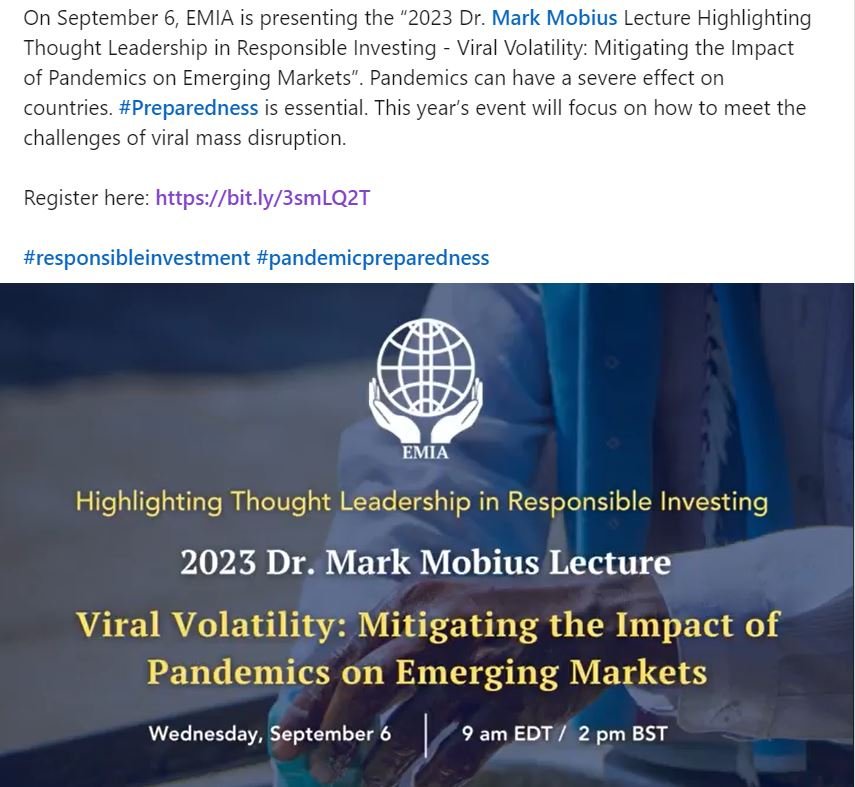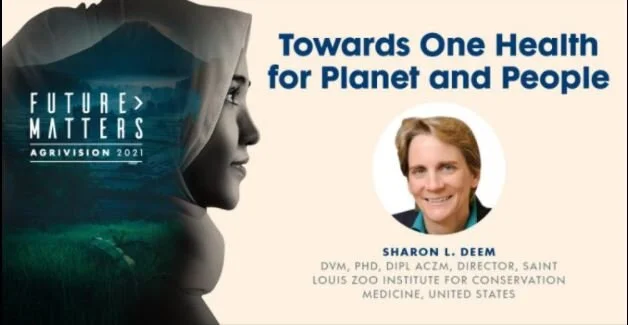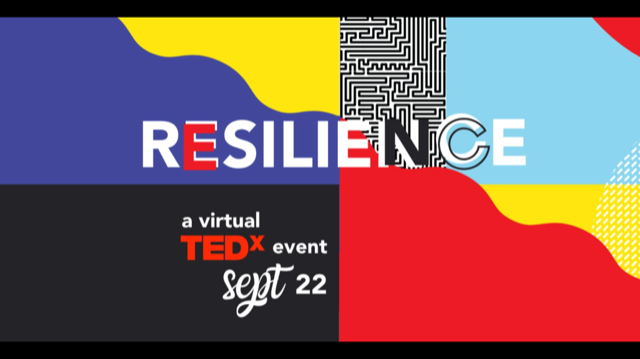
One Health and the Zoo Veterinarian Workshop at EAZWV 2025 Conference
Cost IN PERSON: EAZWV / AAZV members: €70, EAZWV Students: €50, Non-members: €95. (10€ increase after 2/3/2025).
Cost VIRTUAL: (only available to those registered for Virtual conference) EAZWV/AAZV members: €40 , Non-members: €70
Target Audience: Zoo, wildlife, and aquarium veterinarians that are looking to develop One Health in their facilities as well as veterinary students, the next-generation of veterinarians that will be leading these efforts in the coming years.
Overview: This workshop will give an overview of the One Health movement with emphasis on the importance of biodiversity conservation and our roles as zoo, aquarium, and wildlife veterinarians in One Health. We will explore real world challenges and programs that zoo, aquarium, wildlife veterinarians are leading around the world. Lastly, we will provide methods for developing a One Health department at your facility. The workshop will include, Didactic lectures, Team exercise (triad working groups) of real world One Health challenges for animals under human care and free-living to solve the challenge with wildlife conservation, public health, and environmental resilience at core, and Team exercise of developing strategy for developing a One Health/Conservation Medicine Department at your facility.
Sharon L. Deem DVM, Ph.D., Dipl ACZM, is a wildlife veterinarian and epidemiologist. She has worked for a number of universities and zoos over the past 25+ years. This work includes 10+ years as a clinician and the other 15+ in the field working globally on wildlife conservation and One Health projects. In addition to Zoo Medicine, Sharon is active in the One Health movement. She co-authored the 2019 textbook, Introduction to One Health: An Interdisciplinary Approach to Planetary Health and for 5 years taught a semester long One Health course at Washington University in St. Louis. Sharon is currently the Director of the Saint Loius Zoo Institute for Conservation Medicine, a position she has held since 2011 and the launch of the Institute.































